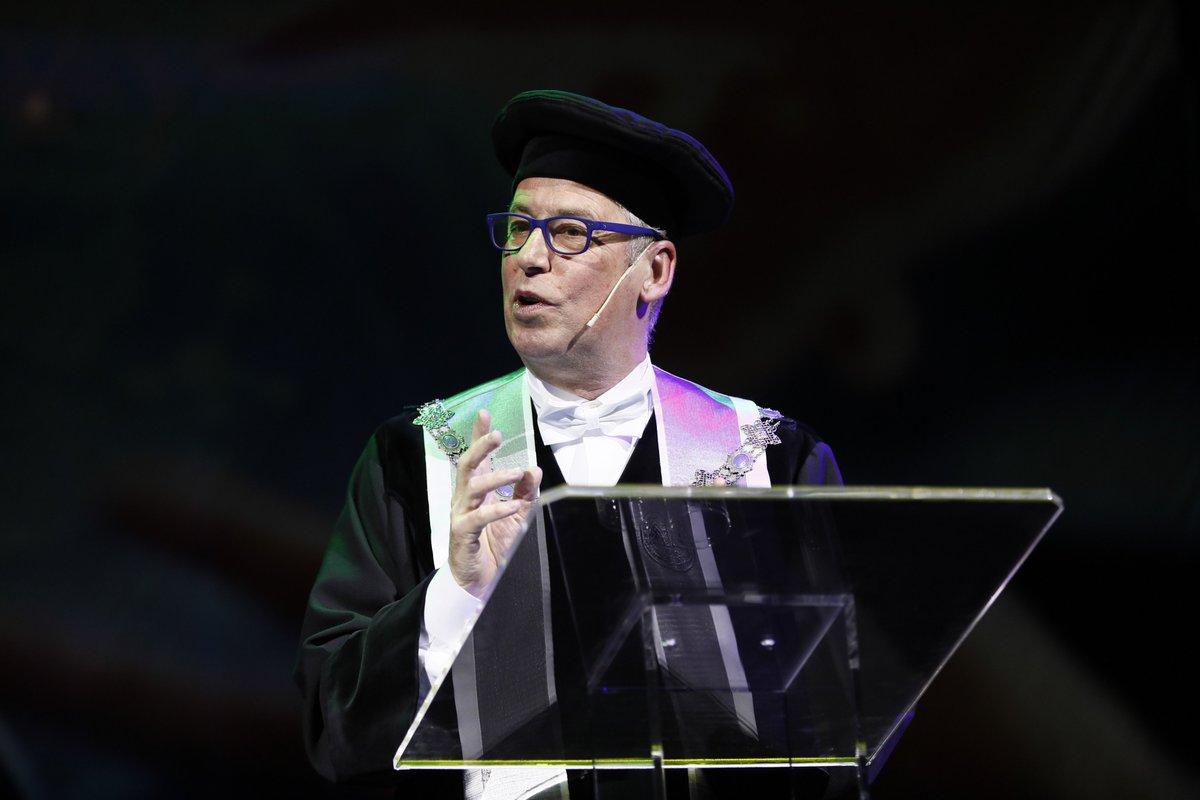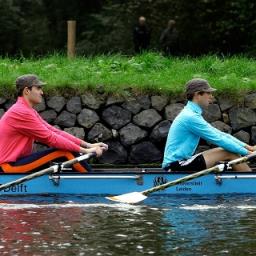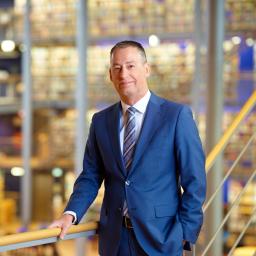"I predict major changes in science and education in the upcoming decade. Together with our partners in Rotterdam and Leiden, we will erase the boundaries between the humanities, science, social sciences and medical sciences." - Tim van der Hagen
 In honour of the 178th anniversary of TU Delft, professor Tim van der Hagen, Rector Magnificus TU Delft and chairman of the Leiden-Delft-Erasmus strategic alliance, presented a speech and expressed his vision about the ongoing cooperation between universities and medical centres in Zuid-Holland.
In honour of the 178th anniversary of TU Delft, professor Tim van der Hagen, Rector Magnificus TU Delft and chairman of the Leiden-Delft-Erasmus strategic alliance, presented a speech and expressed his vision about the ongoing cooperation between universities and medical centres in Zuid-Holland.
Van der Hagen announced new plans for expanding the partnership in the fields of medical technology and artificial intelligence (AI). These plans once again underline the importance of the Leiden-Delft-Erasmus partnership.
The Rector Magnificus substantiated his vision by addressing important societal issues which the partnership can tackle through a multidisciplinary approach. He continued his speech with:
"As universities, we must confront the urgent and complex challenges that we face, and we must also look out for the generations yet to come, here and elsewhere in the world. Essential matters are challenges such as climate change, the energy transition, increasing urbanization and an ageing population."

"We are convinced that such complex and interlocking problems can only be solved if we combine all our scientific capabilities and if we start working together in completely new ways. I am talking about a collaboration that goes beyond interdisciplinary or multidisciplinary research: we will no longer merely work side by side, but rather let our efforts merge so that we can approach these challenges in a more holistic way. This comprehensive approach will lead to new research and education programs that are no longer disciplinary but thematically oriented."
We are convinced that such complex and interlocking problems can only be solved if we combine all our scientific capabilities and if we start working together in completely new ways.
"This is called convergence: this involves the integration of technology, natural sciences, computer science and life sciences to accelerate research and achieve groundbreaking results that can benefit areas such as health, energy and the environment. Internationally, convergence is a crucial development; in the international academic playing field, it is no longer the question whether you embrace it, but at what pace convergence occurs."

"That is exactly what we will do next year and in the coming years at TU Delft, Erasmus University and the Erasmus Medical Center, but also at Leiden University and the Leiden University Medical Center. We are going to break down walls: physical walls, but more often metaphysical barriers, which have existed for a long time between disciplines, departments and institutions. By breaking down these walls, we create space for research ecosystems where we can go beyond what a single university can achieve alone, ecosystems where we can strengthen and accelerate our research efforts."
By breaking down these barriers, we create space for research ecosystems where we can go beyond what a single university can achieve alone, ecosystems where we can strengthen and accelerate our research efforts.
"Convergence is not only made possible by our current determination, but also by our past successes. In recent decades, scientists from our respective institutions have always managed to find each other. Their joint efforts were strengthened in 2013 by the establishment of the Leiden-Delft-Erasmus Alliance and the Medical Delta consortium. All this forms the basis from which we can intensify and scale up our collaborations."
Read the full speech here (Dutch)


